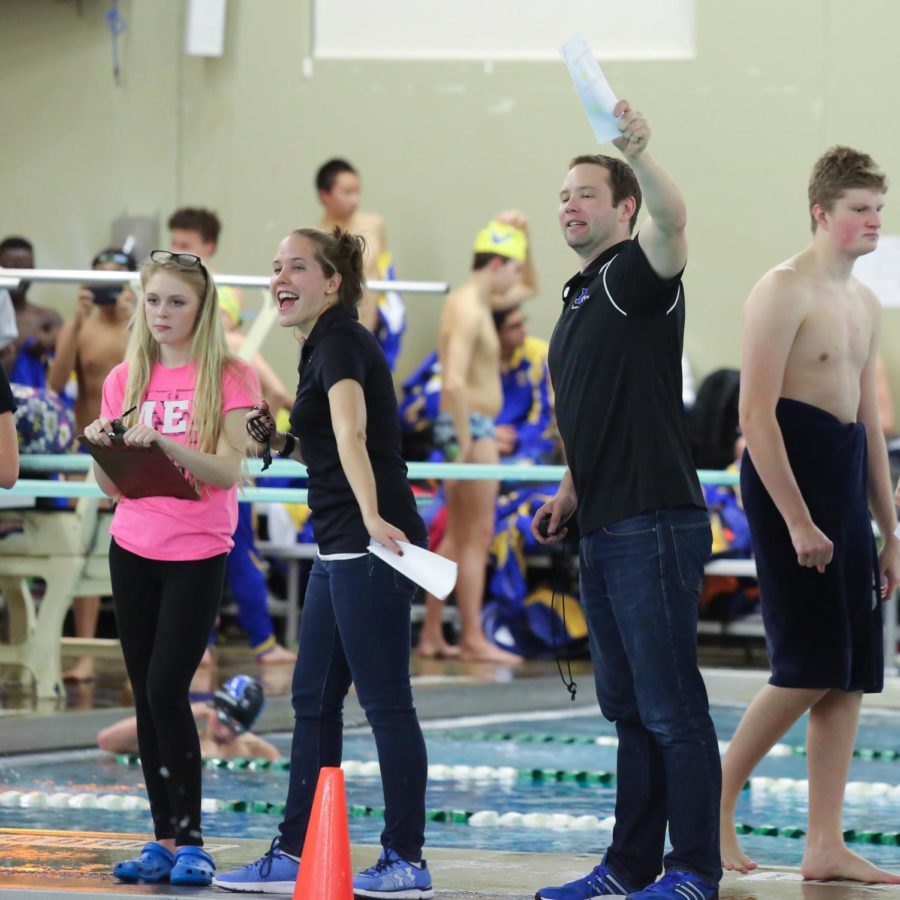Team and Individual Sports: Looking at the Benefits and Drawbacks
December 21, 2017
Once again the debate rises between individual sports and team sports. Which is more fun? Which is easier to coach? Which is more beneficial to athletes? Haley Andrews, ‘21, was “born into skiing,” and says she loves practicing an individual sport. For her, this means a lot of individual work time and coaching. “I like that it gives you a chance to focus and become more aware of yourself,” she said. “It helps you because you learn how to structure your own time, and how to take charge of what you need to do in order to get better.” Andrews does, however, acknowledge that skiing doesn’t give an athlete as much of a chance to connect with others. On the other hand, a team sport, such as volleyball, is all about communicating and working with others. “I like it because when you succeed, you succeed together, and if you lose, you have others to support you,” says Mara Levine, ‘21, of her volleyball team. She mentions that though it can be frustrating if teammates aren’t working hard, team sports are a good way to create bonds with new people. “You become dedicated and committed to working together,” Levine said. Not only are individual sports and team sports
different for players, they also involve different coaching techniques. For Dan Berve, head coach for the MHS swim and dive team, coaching an individual sport is about getting to know each athlete and helping them contribute to the overall culture of the team. “One of the great things about our sport is that it’s you out there on your own,” he said. “Whether on the diving boards or competing as a swimmer, when you go out there and perform at your best, you have ownership for that.” He also describes the relationship between the swimmers and says that even though athletes aren’t playing together as in a team sport, they can still learn from one another and support each other. Juan Pablo Salcedo, assistant coach of the rugby team, describes coaching a team as a fun, but occasionally difficult job, as opposed to coaching an individual sport. “You have to balance the different personalities of the players and help them work together, as well as resolve conflicts that arise between them” he said.
However, he sincerely believes that, despite its difficulties, being part of a team is beneficial for all athletes. “You learn fundamentals, like how to share, how to be modest, and how to deal with frustration with other people,” he said. “These are skills that help you all through
life.” In the end, individual and team sports are very different, and it is never about which one is better. The choice depends on the athlete, and what his or her personality and goals are going into the sport.






























